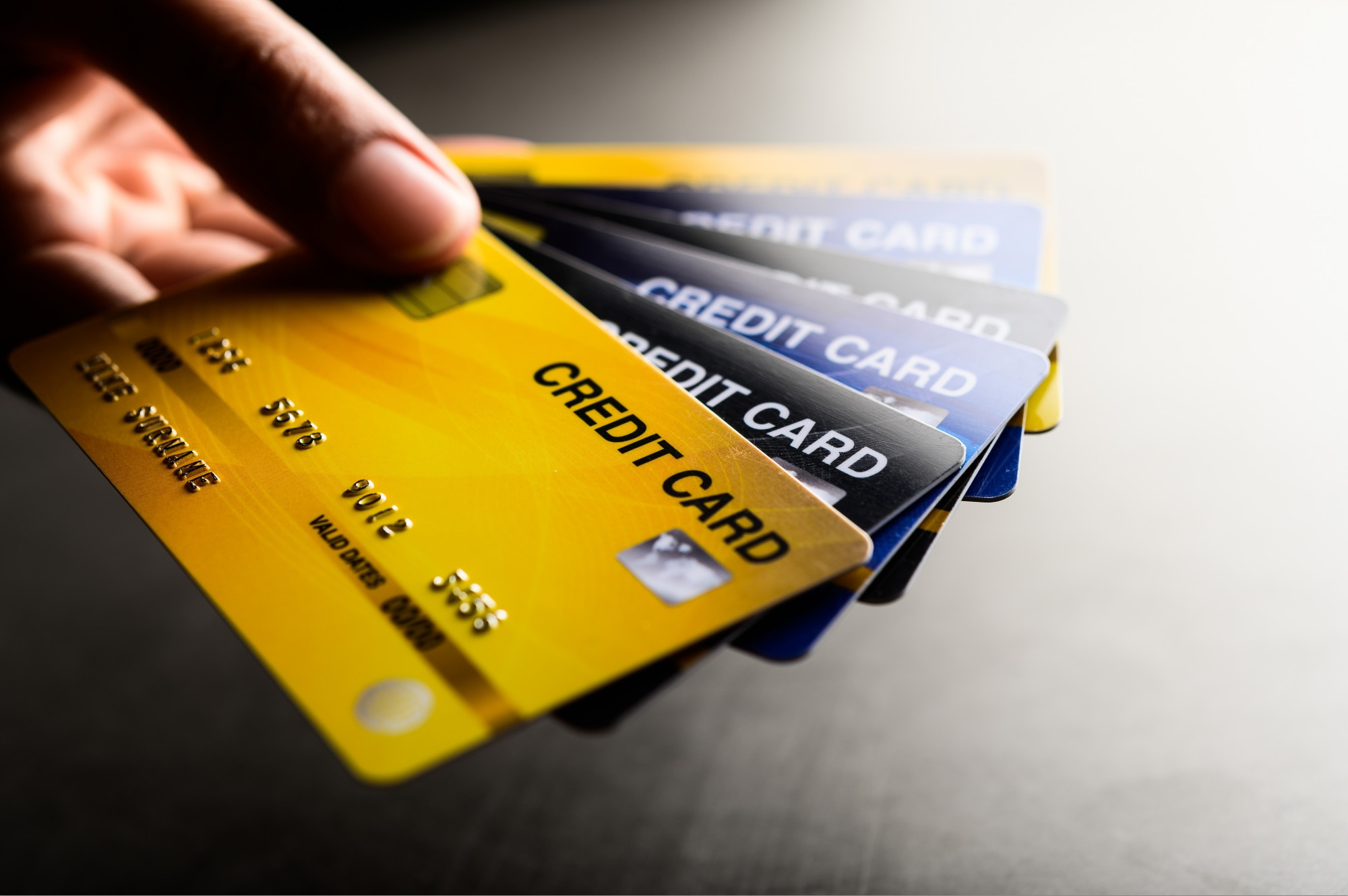Your credit score is one of the first things lenders look at to assess credit worthiness. Credit worthiness is simply your willingness and ability to pay back loans. Three credit bureaus track your credit history and report a credit score for you. They are Experian, TransUnion and Equifax. Credit scores range anywhere between 300 and 850. The higher the number the better your credit score. Not all credit bureaus have the same score for you. Lenders usually look at your middle score to determine the score they use.
Here are the top 5 things that impact your credit score and by how much:
Timely Payments -35%
Understandably, paying your credit balance on a timely fashion is the biggest contributor to your credit score. Timely payments are the biggest indication that you will make payments on your new mortgage on time. At 35% contribution, late payments can have a big dent on your credit score. Missing even one payment can drop your credit score by a significant amount. In short, don’t miss payments on your loans!
Credit Utilization -30%
The credit you use out of the total amount that is available to you is your credit utilization rate. For example, you have $10,000 in total credit limit on all your credit cards, and you have an outstanding balance of $3,000. This is a 30% utilization rate. The lower the number, the better. Higher credit utilization indicates that you may be in over your head, and as a result reduces your credit score. Your credit utilization should be below 30%.
Length of Credit History -15%
The length of your credit history is how long you have been utilizing credit. Someone who has a credit history of 20 years will have a better score than someone with a credit history of 2 years. This is probably one are of your credit score you have the slightest control over. You just have to let time pass, and make sure you have the other things within your control in good shape, as that happens.
Diversity of Credit Type -10%
Most people start out their credit history with credit cards. Credit cards are a good way to build credit history and your score. However, the more diverse credit types you have the stronger your credit report, and the higher your score. By diverse credit history, I mean like car loan, mortgage and other credit products. The diversity of your credit type shows you have a good understanding of credit and its utilization other than just credit cards.
New Credit, Including Inquiries -10%
New credit accounts and credit inquiries can have a negative impact on your credit score. New accounts include those you cosign. I understand this may sound contradictory to some of what we discussed so far. While your building your credit history, new accounts credit accounts and inquiries are necessary. Once you have built your history, however, they can be a drawback. That’s because, frequent inquiries and new accounts may indicate financial distress. The moral of the story, think twice about accepting a credit offers from stores just because you’re going to get some discount. At the end of the day, that discount may not be worth it.
I hope you found this information helpful. Your credit is your reputation, and a good credit history and score will save you a lot of money. Guard your reputation with all your might.
There are many free service, like Credit Karma, that allow you to keep track of your credit history and score. Take advantage of these services, and be always in the know what your credit file looks like. That way, it’s never a surprise. This definitely is one thing you don’t want any surprises!
With good or great credit score, let’s say you have pre-approval. And you are eager to go shopping! Let’s talk about things you want to keep in mind as you look for your new home in the next post.

 Facebook
Facebook
 X
X
 Pinterest
Pinterest
 Copy Link
Copy Link


